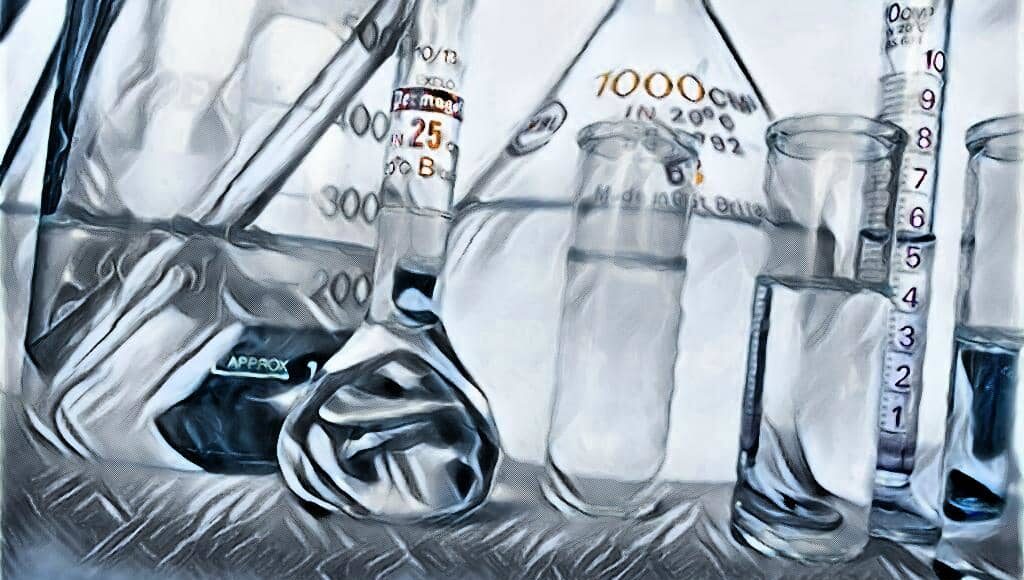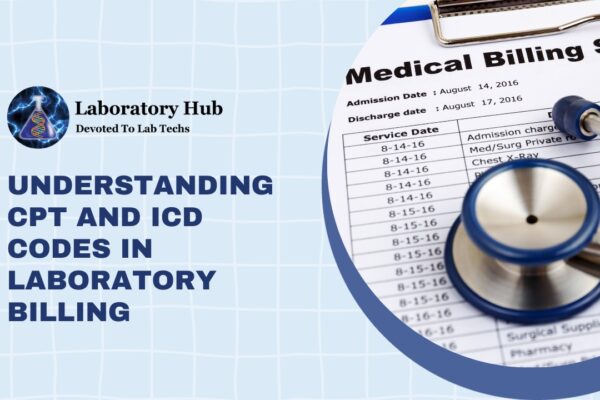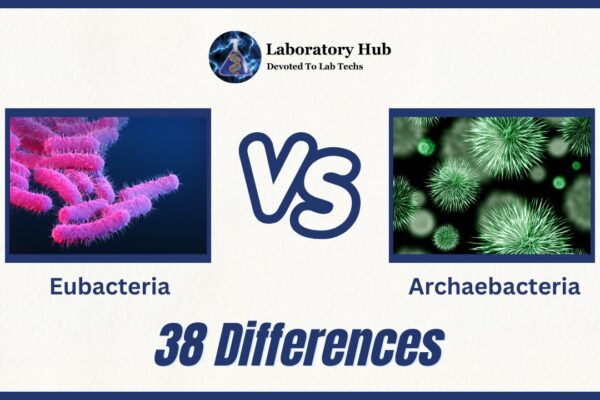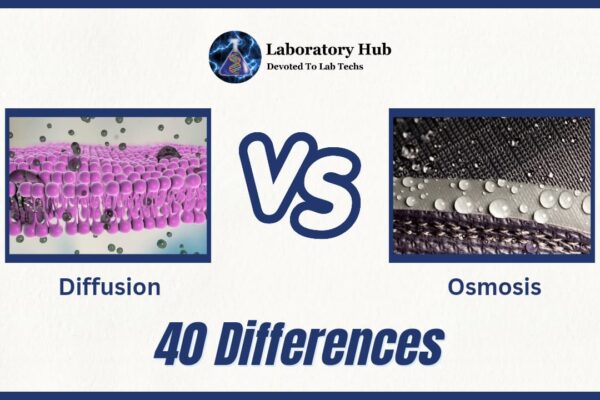Check out the Preparation Of 0.1 N Sodium Carbonate (Na2Co3) Solution
Hey, good to see you here 😀 …… In this article, we’re gonna discuss the Preparation Of 0.1 N Sodium Carbonate (Na2Co3) Solution….. If you have any queries, don’t forget to mention in comments….. Thanks
A solution is a homogeneous mixture composed of only one phase. In such a mixture, a solute is a substance dissolved in another substance called as the solvent. The concentration of a solute in a solution is a measure of how much of that solute is dissolved in a solvent.
Standard solutions are those in which the exact amount of a substance presents in a definite volume of solution. To prepare the standard solution, a known weight of solute is measured on a well-calibrated weighing scale and then dissolved in a solvent (usually distilled water) to make up a specific volume.
Normality (N) is one of the commonly used units that determine the concentration of the solution that expresses the gram equivalent weight of solute per liter of the solution. In other words, Normality is simply the number of active grams of a solute per liter of the solution.
What are the Materials Required for the preparation of Sodium Carbonate Solution…
- Weighing scale
- Beaker/Volumetric flask
- Stirrer
- Measuring cylinder
The Chemicals Required…..
- Sodium Carbonate (Na2CO3)
- Distilled water
Calculations…..
Molecular weight of Na2CO3 – (23×2) + 12 + (3×16) = 46 + 12 + 48 = 106 gm
Normality = Weight / Equivalent weight × 1000 / Volume (in ml)
0.1 = (X/106/2) × (1000 / 500)
0.1 = (X × 2 / 106 ) × (1000 / 500)
X = 0.1 × 53 × 0.5 = 2.65 gm
X = 2.65 gm
The Procedure for the preparation of Sodium Carbonate solution in Laboratory…..
[wp-svg-icons icon=”point-right” wrap=”i”] Weigh 2.65 gm of Na2CO3 with the help of weighing scale.
[wp-svg-icons icon=”point-right” wrap=”i”] Then take 200 ml of distilled water in Beaker / Volumetric flask and to this add 2.65 gm of Na2CO3.
[wp-svg-icons icon=”point-right” wrap=”i”] If using a beaker, mix the contents well by using a stirrer and If using the Volumetric flask mix well the contents by gently swirling the flask.
[wp-svg-icons icon=”point-right” wrap=”i”] When it dissolves completely then add the Distilled water and make the final volume of 500 ml.
[wp-svg-icons icon=”point-right” wrap=”i”] Then again mix it with the help of stirrer in case of the beaker or by swirling in case of volumetric flask.
Precautions…..
[wp-svg-icons icon=”point-right” wrap=”i”] Weigh accurately 2.65 gm anhydrous Sodium Carbonate on a well-calibrated weighing balance.
[wp-svg-icons icon=”point-right” wrap=”i”] Last few milliliters of the distilled water should be added using a pipette to avoid volume error.
[wp-svg-icons icon=”point-right” wrap=”i”] Transference of the weighed substance into a beaker or volumetric flask should be done very carefully and not a single crystal be allowed to fall outside.
[wp-svg-icons icon=”point-right” wrap=”i”] Sodium carbonate solutions are strongly alkaline and corrosive. It can cause severe skin and eye irritation upon contact.
[wp-svg-icons icon=”point-right” wrap=”i”] Inhalation of sodium carbonate dust or fumes can cause irritation of mucous membranes and the respiratory tract, and lead to severe coughing and shortness of breath. High concentrations can damage the eye and cause skin burns.
Frequently Asked Questions (FAQs)
To prepare a 0.1 M sodium carbonate solution, dissolve 10.6 g of anhydrous sodium carbonate or 15.6 g of sodium carbonate decahydrate in 1 liter of water.
To prepare a 0.1 N solution, first determine the molar mass of the solute. Then dissolve the required amount of the solute in enough water to make 1 liter of solution. For example, to make 0.1 N NaOH, dissolve 4 g of NaOH in 1 liter of water.
To make a 0.1 N Na2S2O3 solution, dissolve 15.8 g of sodium thiosulfate pentahydrate (Na2S2O3·5H2O) in enough water to make 1 liter of solution.
To prepare a standard solution of Na2CO3, accurately weigh about 2.5 g of anhydrous Na2CO3 or 2.65 g of Na2CO3·10H2O and dissolve in water. Dilute the solution to 1 liter and mix thoroughly. Standardize the solution using a primary standard acid.
To prepare and standardize 0.1 N HCl using Na2CO3, dissolve about 1.6 g of anhydrous Na2CO3 in distilled water and dilute to 1 liter. Titrate this solution against 0.1 N HCl until the endpoint is reached. Note the volume of HCl used. Repeat the titration twice more and calculate the average volume of HCl used. Adjust the concentration of the HCl solution if necessary.
To calculate the amount of NaOH needed to prepare 1 liter of 0.1 N NaOH solution, first calculate the molar mass of NaOH (40 g/mol). Then multiply the molar mass by the desired molarity (0.1 N) and the volume in liters (1 L) to get the required amount of NaOH in grams: 40 g/mol x 0.1 mol/L x 1 L = 4 g NaOH. Dissolve 4 g of NaOH in 1 liter of water to prepare 0.1 N NaOH solution.







